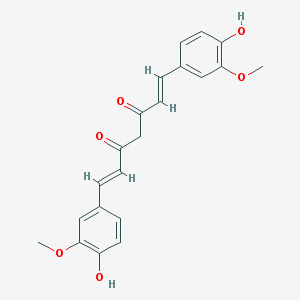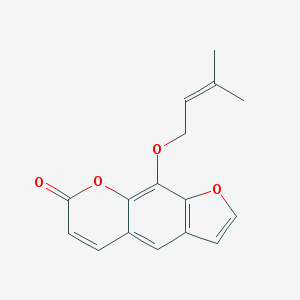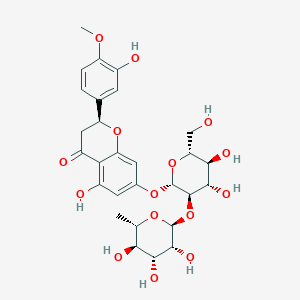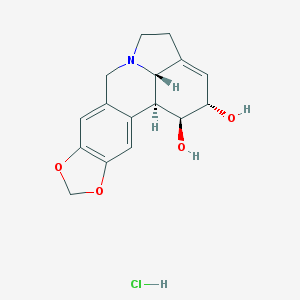Description
Curcumin is the main active ingredient in turmeric, a spice that comes from the turmeric plant, which is widely used in Asian food and medicine. It’s a polyphenol with potent antioxidant and anti-inflammatory properties. Curcumin is responsible for the vibrant yellow color of turmeric and is often used as a food coloring and flavoring agent.
Function:
Biologically, curcumin exhibits a range of activities. It’s not easily absorbed into the bloodstream, so it often needs to be consumed with black pepper, which contains piperine, a natural substance that enhances the absorption of curcumin by 2,000%. Once in the bloodstream, curcumin can influence molecular mechanisms that play a role in inflammation, cell survival, metastasis, and various other processes.
Application:
- Culinary Uses: Turmeric, and thus curcumin, is commonly used in curries, mustards, and as a food coloring. Its earthy, slightly bitter, and peppery taste adds complexity to dishes.
- Medicinal Uses: In traditional medicine, especially Ayurveda and Chinese medicine, turmeric and curcumin have been used to treat various ailments ranging from digestive issues to wounds. Modern supplements often contain isolated curcumin in higher concentrations than what could be obtained from turmeric alone.
- Cosmetic Industry: Due to its anti-inflammatory and antioxidant properties, curcumin is also found in various skincare products. It’s believed to improve the glow and luster of the skin and is used in some treatments for skin conditions.
- Research Applications: Curcumin is being studied extensively for its potential in treating and preventing a wide range of diseases, including cancer, Alzheimer’s disease, and heart disease. While results are promising in lab and animal studies, more human trials are needed.
Benefits:
- Anti-inflammatory: Curcumin’s ability to reduce inflammation is comparable in some studies to anti-inflammatory pharmaceuticals, without the side effects.
- Antioxidant: It neutralizes free radicals on its own but also stimulates your body’s own antioxidant enzymes.
- Brain Function: Curcumin boosts levels of the brain hormone BDNF, which increases the growth of new neurons and fights various degenerative processes in the brain.
- Heart Disease: It improves the function of the endothelium, which is the lining of the blood vessels, and reduces inflammation and oxidation, which play a role in heart disease.
- Cancer: Studies suggest that it can reduce angiogenesis (growth of new blood vessels in tumors), metastasis (spread of cancer), and contribute to the death of cancerous cells.
- Arthritis: Given its potent anti-inflammatory properties, curcumin is beneficial in managing arthritis. Some studies show that it can be more effective than anti-inflammatory drugs.
- Depression: There’s some evidence suggesting it can boost brain neurotransmitters serotonin and dopamine, even potentially reversing some brain changes seen in depression.
- Longevity: Its potential impact on so many conditions suggests it might contribute to longevity.





